A new START, but that doesn’t mean it’s NOFUN
Obama’s moves over nuclear weapons need putting in context. The US no longer needs them to equalise the USSR’s conventional forces, but others might need nuclear weapons to equalise the US military

Senior Policy Fellow
International relations; international security policy; European security and defence policy; military capabilities development; defence equipment cooperation; research and industry; Middle East and North Africa; the Middle East Peace Process
English, French, Arabic
Nick Witney is a senior policy fellow at the European Council on Foreign Relations. His topics of focus range from the European Security and Defence Policy to the Middle East Peace Process.
Witney previously served as the first chief executive of the European Defence Agency in Brussels. High Representative Javier Solana chose him in January 2004 to lead the project team charged with developing the concept and blueprint for the agency. The European Council approved the team’s proposals in July 2004, an achievement recognised by European Voice in nominating Witney as one of its 50 “Europeans of the Year”. After that, he was appointed to establish and run the agency for its first three years.
Witney’s early career, after reading Classics at Corpus Christi College, Oxford, was spent in British government service, first with the Foreign and Commonwealth Office and later with the Ministry of Defence (MOD). As a diplomat, he learned Arabic in Lebanon and Jordan, served in Baghdad, and spent four years as private secretary to the British ambassador in Washington, D.C.
Working with the MOD, Witney took on a wide range of responsibilities, including planning and finance, defence exports (the al-Yamamah programme with Saudi Arabia), nuclear policy, the defence estate (running the privatisation of the MOD’s married quarters housing stock), the new Labour government’s 1998 Strategic Defence Review, the forward Equipment Programme, and defence industrial policy. His last job before leaving for Brussels was as the MOD’s director-general of International Security Policy, where he was responsible for NATO and EU policy as well as missile defence.
Obama’s moves over nuclear weapons need putting in context. The US no longer needs them to equalise the USSR’s conventional forces, but others might need nuclear weapons to equalise the US military
Britain’s defence review must take on board how much the world has changed since the late 1900s and focus on preserving Britain’s power and influence, both in and through Europe
Obama’s snub of the May EU-US summit is tough, but fair. If it wants to be taken seriously on the world stage, the EU must stop complaining and learn from this and other recent disappointments
After nearly a decade of effort, the Lisbon Treaty is finally in place ? and Europeans finally have the chance to develop the unified voice and combined weight in the world that we all now understand to be necessary. Yet Europe?s national leaders seem unable to curb the sort of self-indulgent behaviour that will sabotage this historic opportunity
Europe’s southern and eastern border give cause for significant concern. It needs to wake up to where its real security interests lie
Europeans must steel themselves to discuss, within the EU, the big issues on which Europe must engage the US
To avoid creeping irrelevance, Europe must find a collective voice on the international stage
Nick Witney talks about our transatlantic report in this video blog
Europe has the US president…
National governments in the EU must shake off illusions about the transatlantic relationship if they want to avoid irrelevance on the global stage
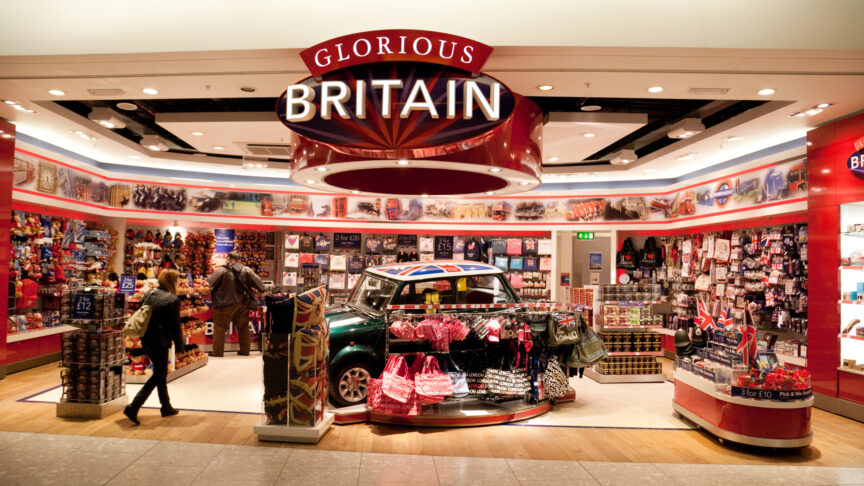
The UK government’s vision for Global Britain does not reflect today’s geostrategic realities. Yet the UK can forge an effective foreign policy if it focuses on British strengths, avoids military adventures in distant lands, and finds balanced, effective working relationships with the EU and the US
To hedge against US disengagement without precipitating it, Europeans should converge on “taking a greater share of the burden of defending Europe”
The context Now is not the moment for either the European Union or the United Kingdom to risk allowing the political tensions around Brexit to…

A British exit from the EU would make it harder to fight crime and terrorism, reduce Britain’s ability to lead and influence its partners, and weaken NATO
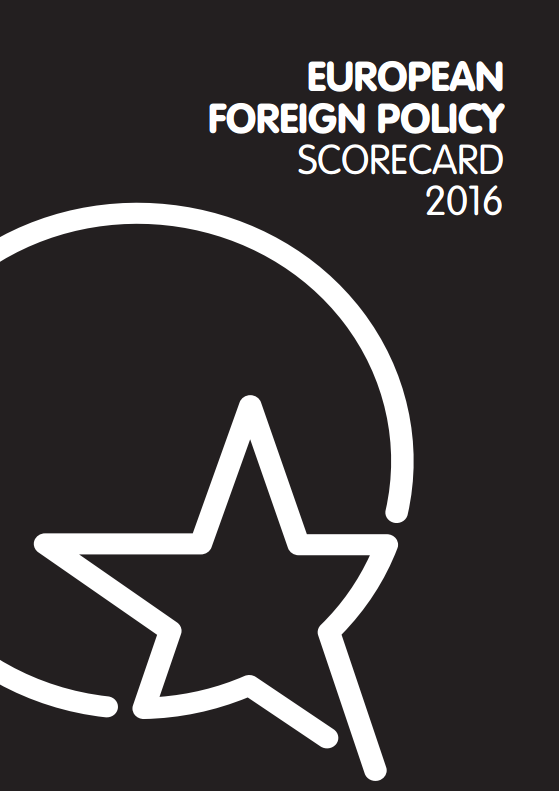
The sixth ECFR Foreign Policy Scorecard highlights the EU’s diminishing ability to influence its neighbours, and the neighbourhood’s growing impact on the EU
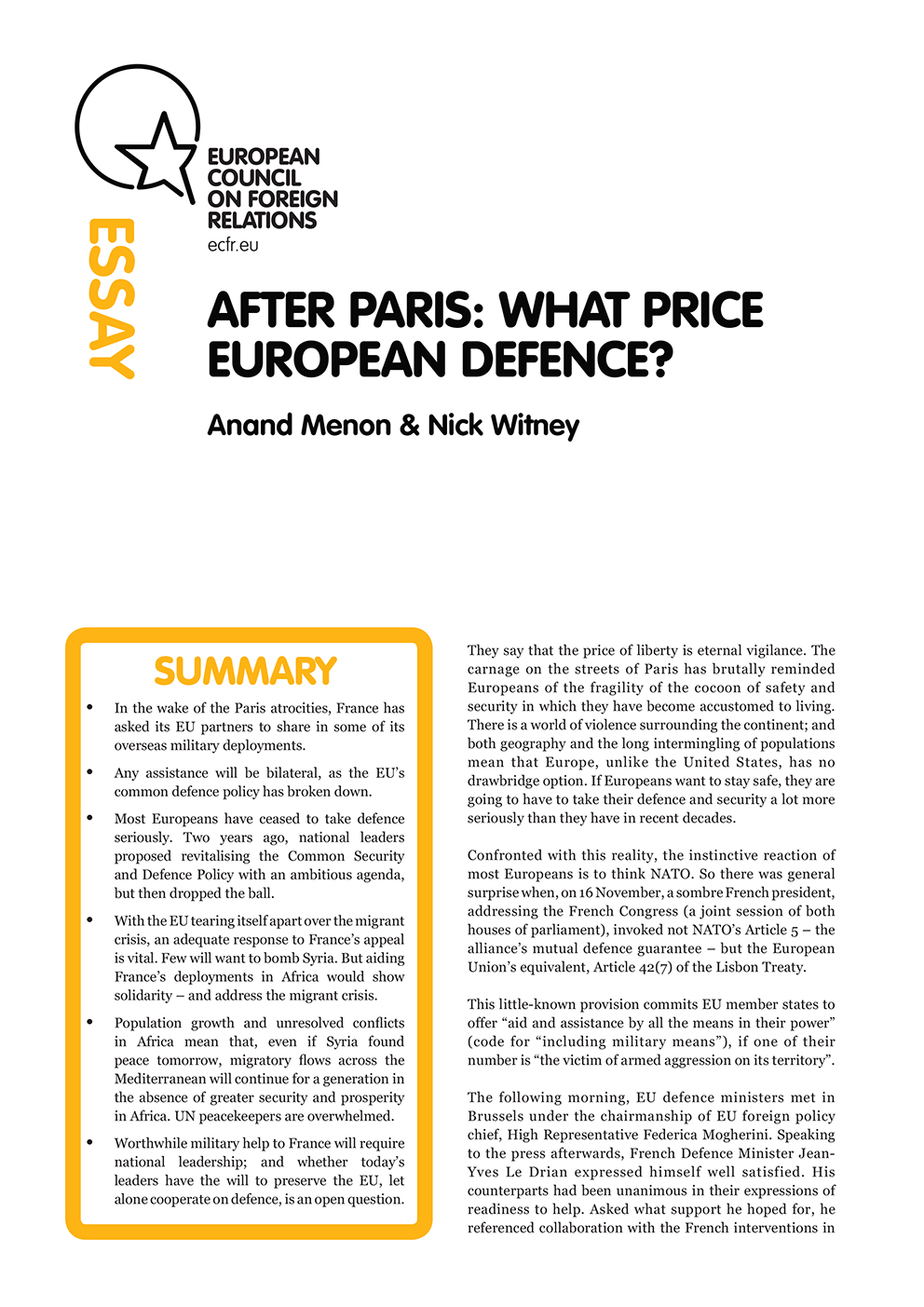
Following France’s call for European solidarity under Article 42.7, European states should rekindle defence cooperation and aid France’s deployments in Africa
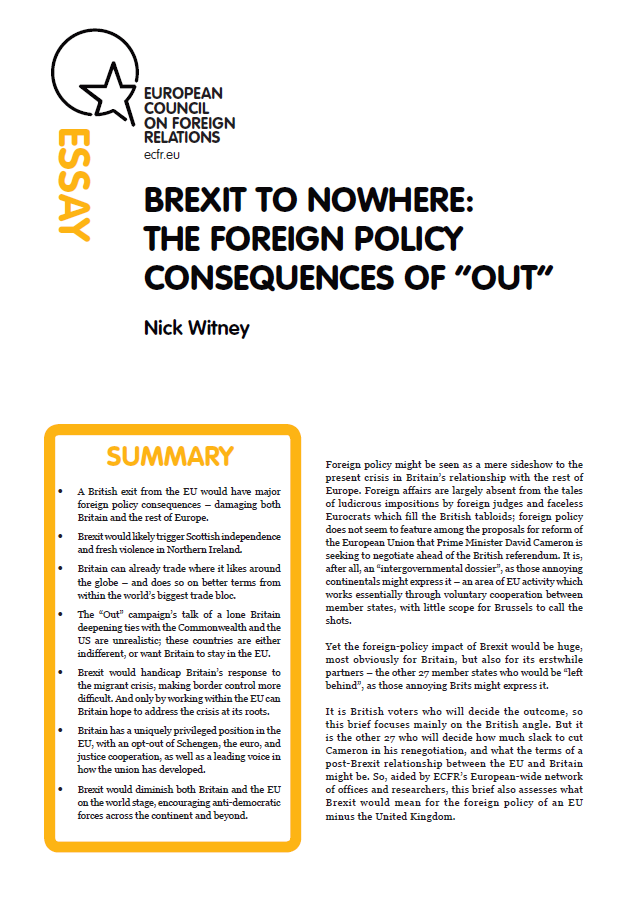
British exit from the EU would have serious foreign policy consequences – both for Britain and for the rest of Europe
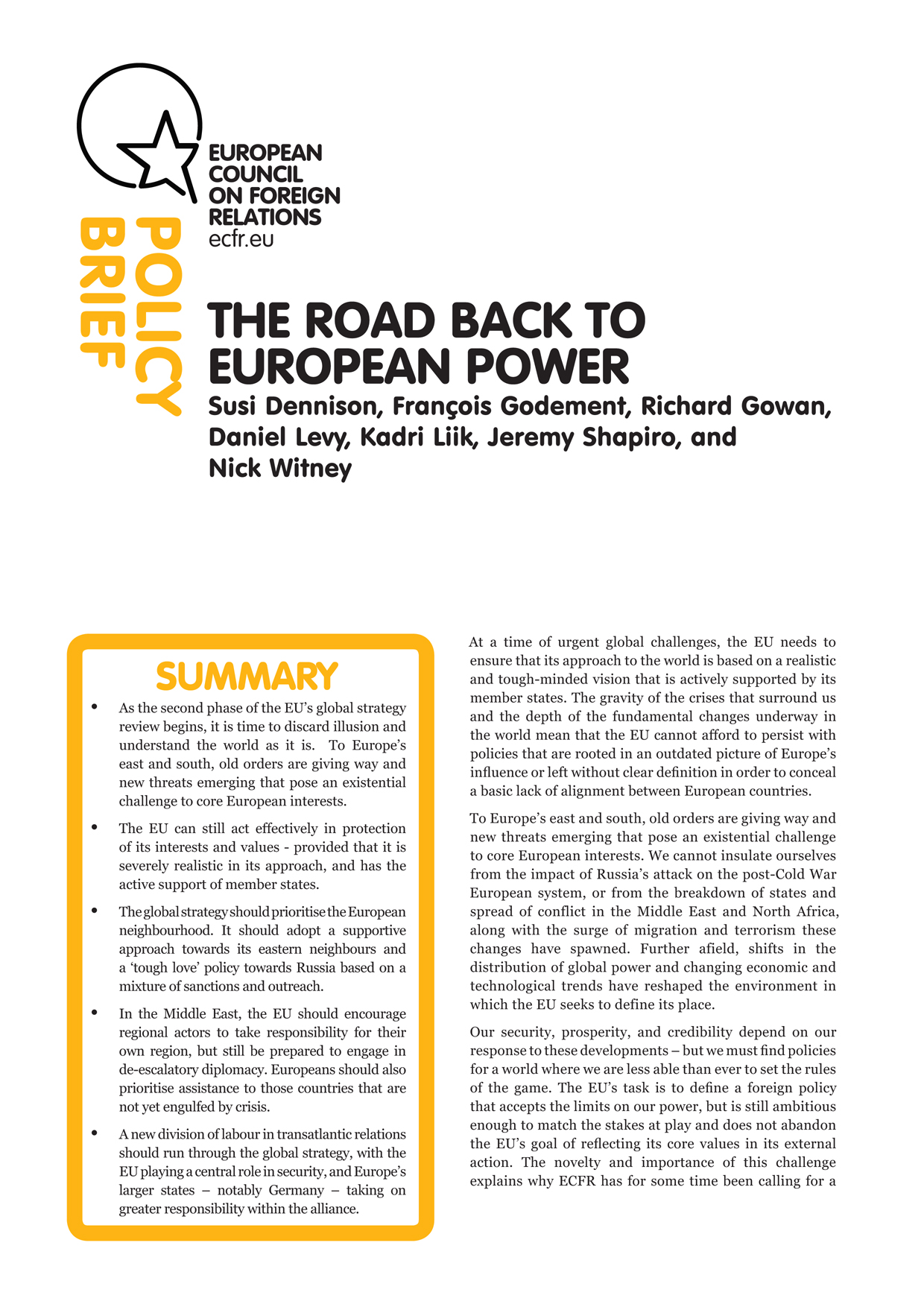
The EU needs an honest assessment of its capabilities and to set limited goals behind which member states can show sustainable unity
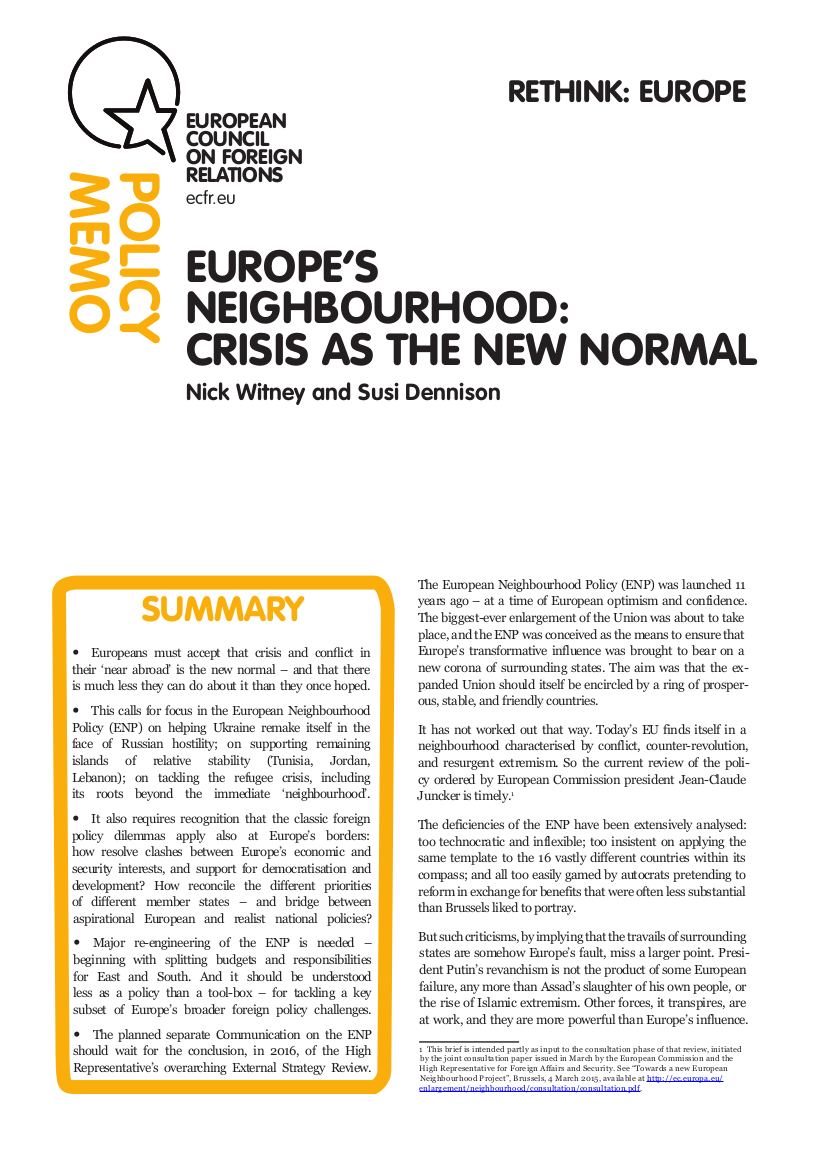
Europe’s European Neighbourhood Policy (ENP) needs drastic reform to deal with a region characterised by conflict, counter-revolution, and extremism

The EU’s habit of outsourcing its military interventions is problematic for a multitude of reasons
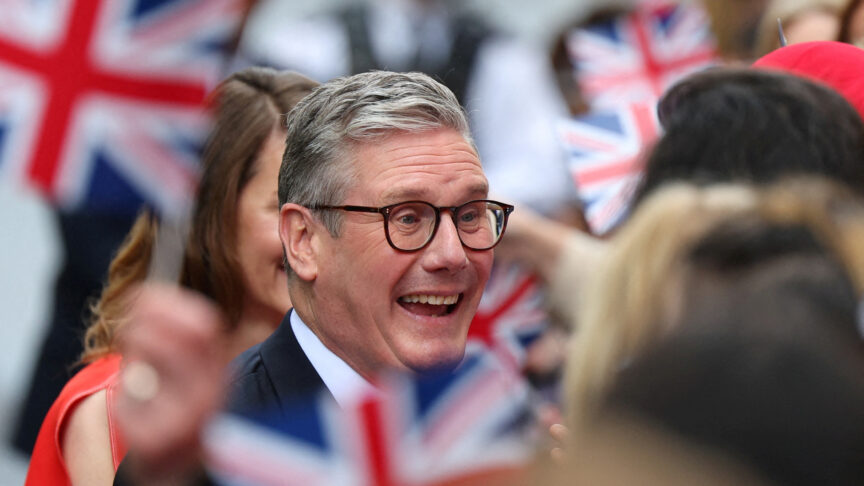
As Keir Starmer assumes office, myriad international questions will land on his desk – but don’t expect these to be his immediate focus
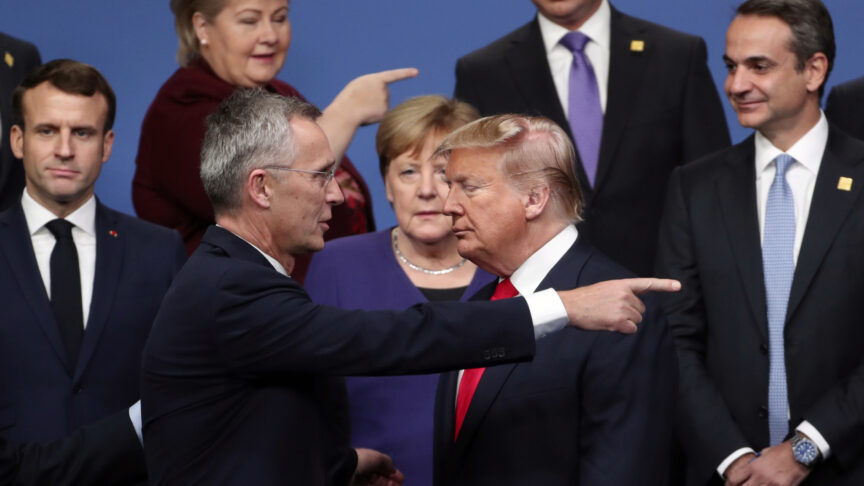
With the possibility of a second Trump presidency looming, it is high time to Europeanise NATO’s defence plans
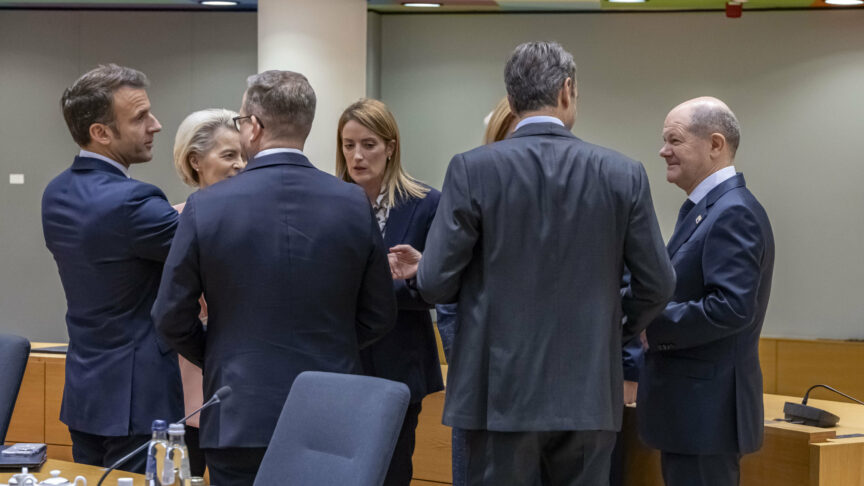
There are three steps EU leaders must urgently take to prepare themselves for the enlargement process – starting by suspending Hungary’s voting rights
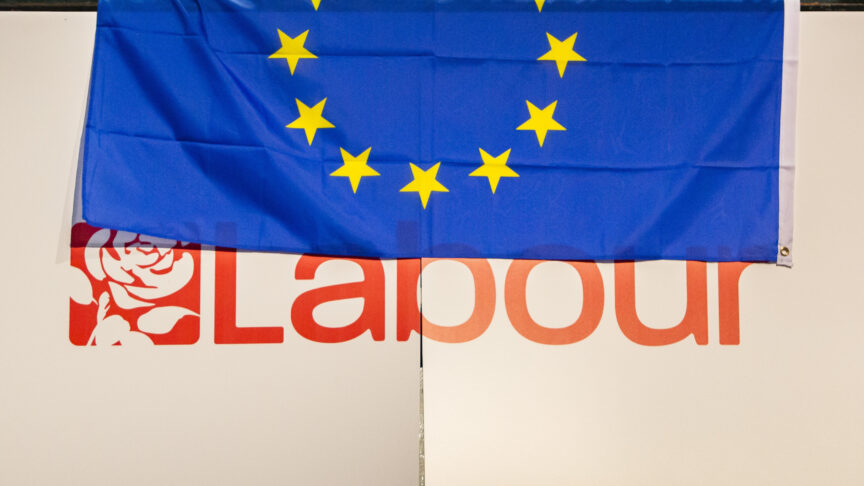
A new UK Labour government should move quickly to agree fresh ambitions with EU partners on defence industry collaboration and consolidation
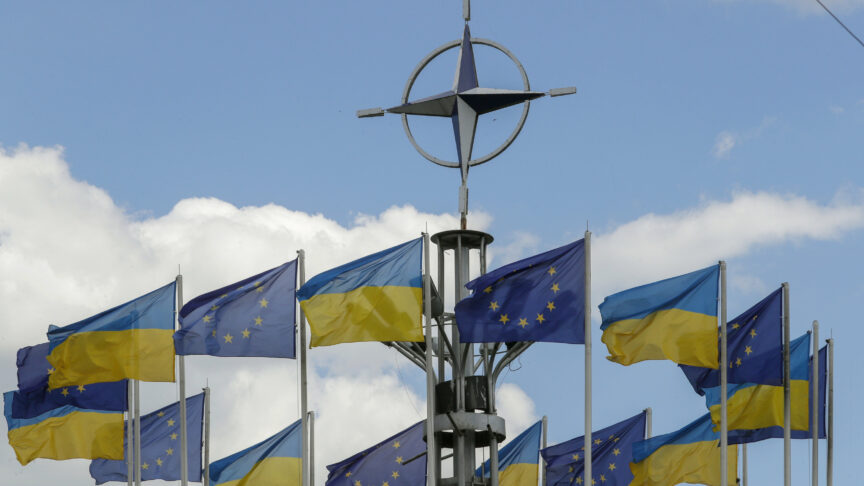
Europeans should look to the success of the automotive sector for inspiration on uniting their defence efforts across the whole continent
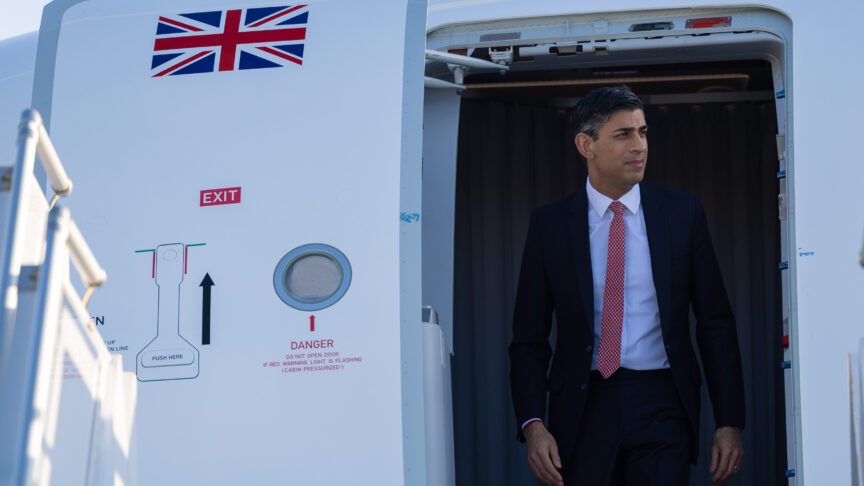
Rishi Sunak has reintroduced sensible pragmatism to British foreign policy – but the nature of today’s Tory party means he is not out of the woods yet
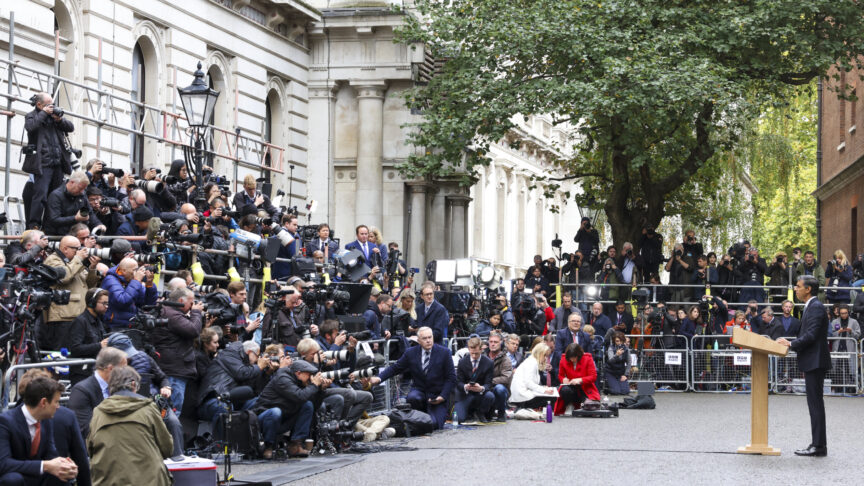
As Britain reels from its latest political fiasco, the conspiracy of silence on Brexit is finally over
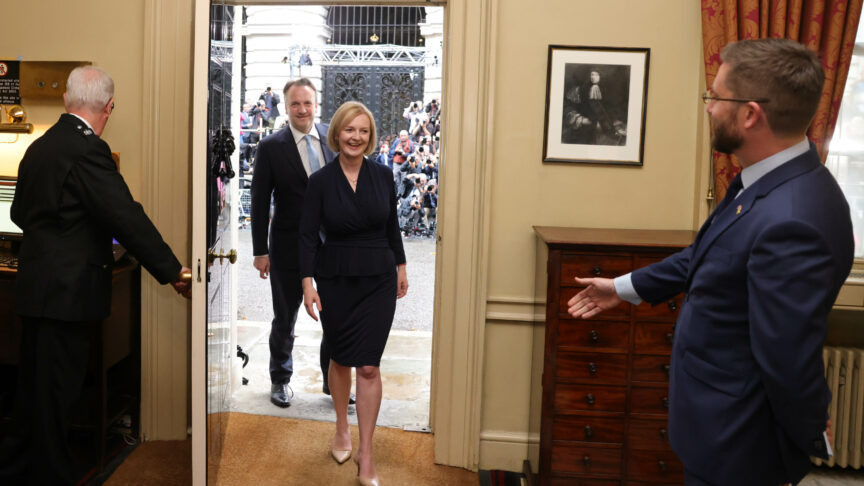
The new British prime minister is on a collision course with reality – and leaders across Europe may not even bank on her remaining in Downing Street for long
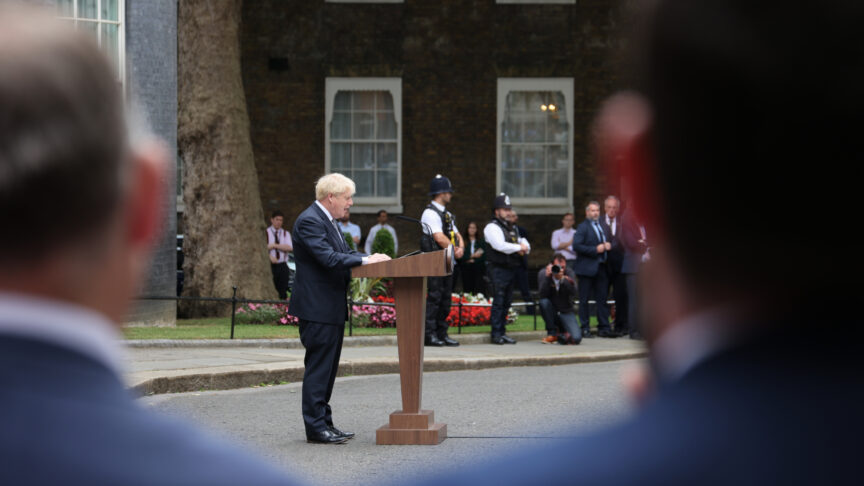
The Johnson era is ending as it began – in farce. Brexit will not be reversed, but there is now a realistic chance that Britain will begin to repair its relationship with the EU
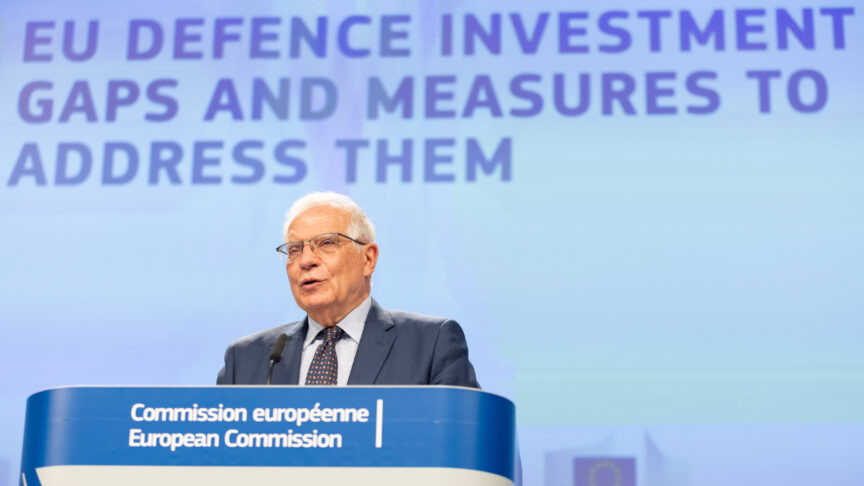
The shock of the Ukraine war, rising national defence budgets, and a European Commission in the driving seat could finally bring about true European defence integration and consolidation
Europeans remain unwilling to renew their thinking on nuclear deterrence, despite growing strategic instability. Their stated goal of “strategic autonomy” will remain an empty phrase until they engage seriously on this matter
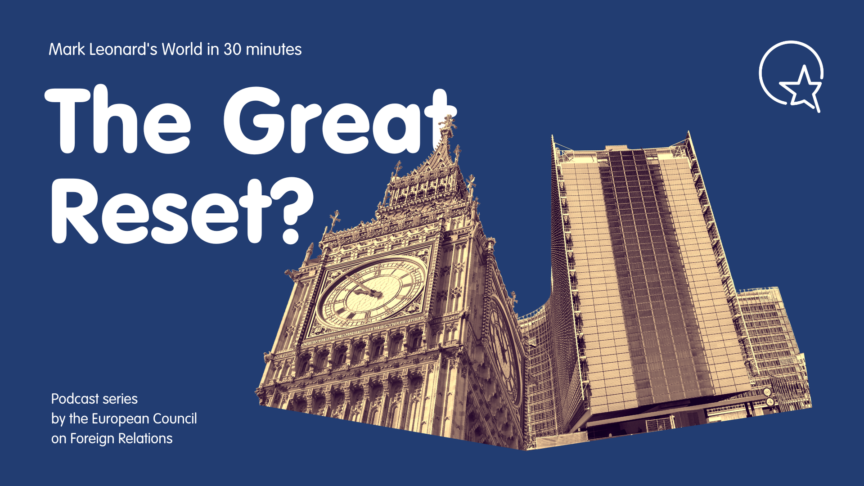
In this seventh episode of our mini-series , Mark Leonard and Susi Dennison talk to Nick Witney and Camille Grand about the potential for a great reset in UK-EU relations, especially regarding cooperation on defence
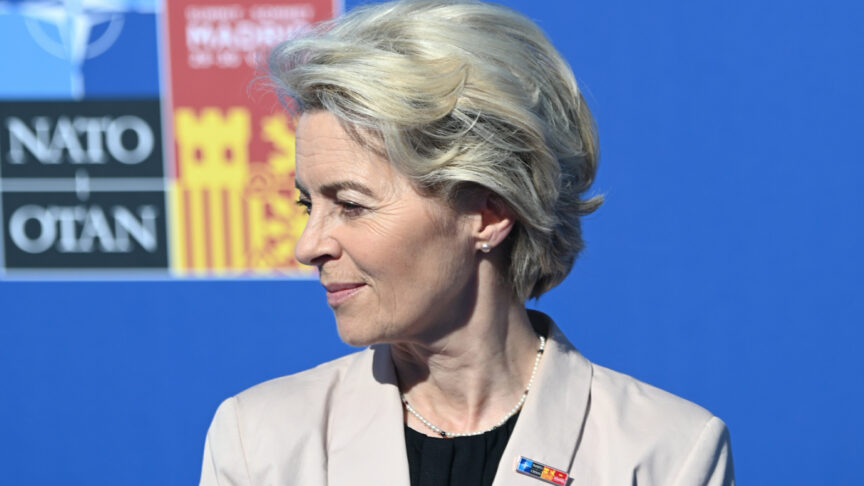
Mark Leonard is joined by Nick Witney, Jana Puglierin, and Tara Varma, to evaluate the outcomes of the NATO Summit in Madrid, especially regarding European defence
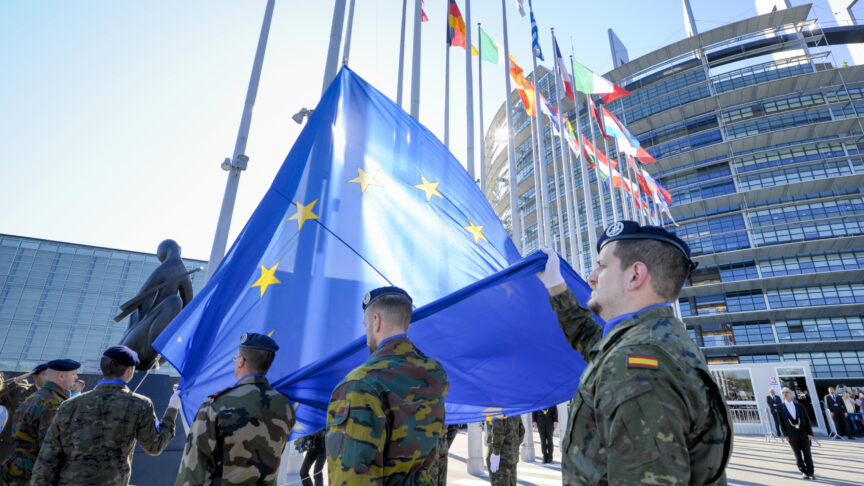
What are the biggest challenges in building greater European sovereignty in defence? And how will this effort be funded?
Mark Leonard launches ECFR’s special summer series on European sovereignty with a discussion of the continent’s security and defence policy. He is joined by Nick…
Mark Leonard speaks with Tomas Valasek and Nick Witney about what the real military dependence of Europeans on America looks like and what is possible…
Mark Leonard talks to the all star cast of Nick Whitney, Ulrike Franke and Jeremy Shapiro on the topic of European strategic culture
ECFR Policy Fellow Ulrike Franke speaks with Mark Leonard, former MP Douglas Alexander, and ECFR’s Senior Policy Fellow Nick Witney, about Britain’s future vision of…
ECFR’s director Mark Leonard discusses the launch of PESCO, the latest collective European defence initiative with ECFR Senior Policy Fellow Nick Witney and Policy Fellow,…
Nouveau podcast de notre série sur les présidentielles de 2017 ayant pour objectif de traiter les thèmes d'actualité et de contribuer au débat dans la perspective…
Mark Leonard speaks with former Director of the European Defence Agency Nick Witney, Manuel Lafont Rapnouil and Ulrike Esther Franke about European defence in the…